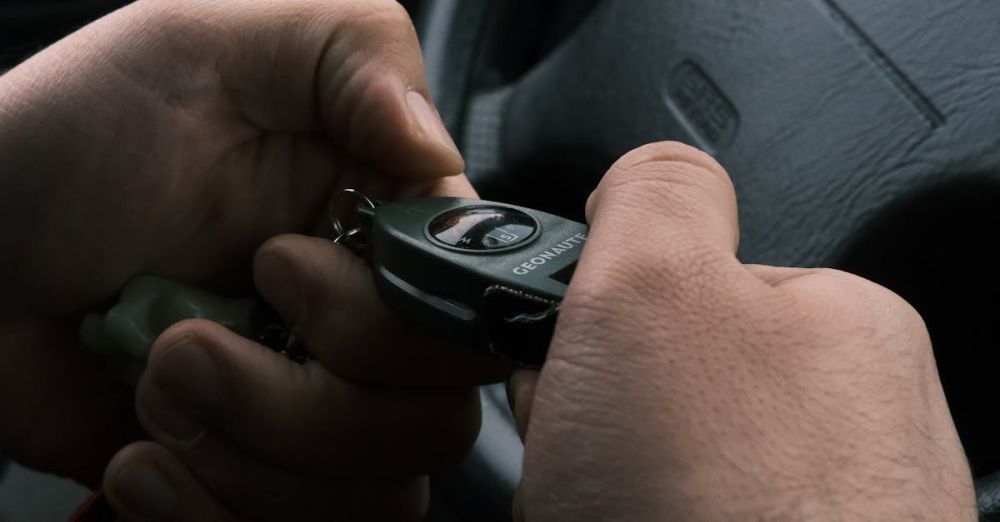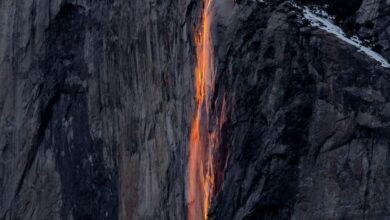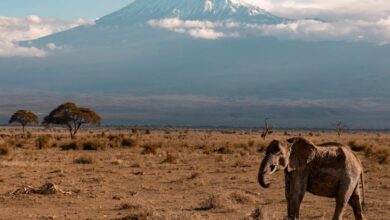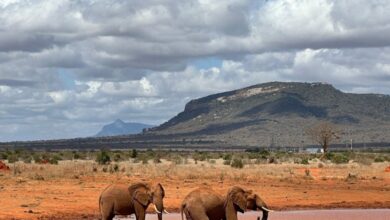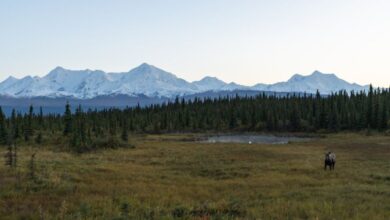Can You Go on a Wildlife Safari Without a Guide
The allure of a wildlife safari is undeniable. The thrill of spotting majestic lions, elusive leopards, and herds of elephants in their natural habitat draws countless adventurers each year. While many prefer the comfort and knowledge of a guided tour, there’s a rising curiosity about whether one can embark on this thrilling journey solo. Is it possible to navigate the wild without a guide, and what are the risks and rewards of doing so?
Understanding the Terrain
Navigating through vast national parks or game reserves can be daunting. These areas are often home to unpredictable wildlife and challenging landscapes. Without a guide, it’s crucial to understand the terrain you’ll be traversing. Many parks provide maps and resources, but these are only the starting point. Familiarize yourself with the geography, climate, and seasonal wildlife patterns. A thorough understanding of the environment helps in planning the best times for wildlife sightings and avoiding potential dangers.
Safety First
Safety is a paramount concern when considering a self-guided safari. Wild animals do not follow predictable patterns, and encounters can be both exhilarating and dangerous. Large predators, such as lions and elephants, can be particularly hazardous. Without a knowledgeable guide, it’s easy to misjudge an animal’s behavior or proximity. Understanding animal behavior and maintaining a safe distance is vital. Additionally, self-driving in remote areas can lead to breakdowns or getting lost, further complicating the situation.
Legal Considerations
Laws and regulations regarding self-guided safaris vary widely by location. In some countries, driving through national parks without a licensed guide is strictly prohibited. These regulations are in place to protect both wildlife and visitors, ensuring that the natural ecosystem is respected and preserved. Before planning a solo trip, research the specific requirements of your chosen destination. Some parks may require permits or have designated routes that must be followed, emphasizing the importance of compliance with local laws.
Equipment and Preparation
If you decide to go on a wildlife safari without a guide, proper preparation is essential. Invest in a reliable vehicle equipped for rough terrain. A sturdy 4×4 is often necessary for navigating off-road paths. Pack essential gear, including binoculars, a first aid kit, a GPS device, and plenty of water. Knowledge of basic navigation skills is also crucial, as cellular service may be spotty in remote areas. Furthermore, familiarize yourself with the local flora and fauna to enhance your experience and ensure you can identify potential hazards.
Enhancing the Experience
While a guided safari offers the advantage of expert insights and local knowledge, going solo can lead to a unique and personal experience. The freedom to explore at your own pace allows for spontaneous adventures and the chance to connect with nature on a deeper level. For photography enthusiasts, the ability to stop and capture a moment without the constraints of a group can be an exhilarating opportunity. However, it’s advisable to remain cautious and aware of your surroundings, as the wilderness can change rapidly.
A New Perspective
Choosing to embark on a wildlife safari without a guide can be a rewarding experience for those willing to put in the effort and preparation. It offers the chance to witness the beauty of nature in a more intimate way. However, this freedom comes with responsibility. Understanding the risks involved and respecting wildlife is crucial to ensuring both your safety and the integrity of the habitat.
Making an Informed Decision
Ultimately, the choice to go on a wildlife safari without a guide depends on your experience, comfort level, and understanding of the environment. For seasoned adventurers familiar with wildlife and remote travel, a solo safari can be thrilling. For those less experienced, the knowledge and safety provided by a guide might be invaluable. Weighing the pros and cons, ensuring thorough preparation, and respecting local regulations can help you make an informed decision that will lead to an unforgettable adventure in the wild.

